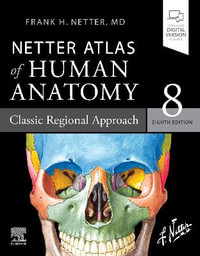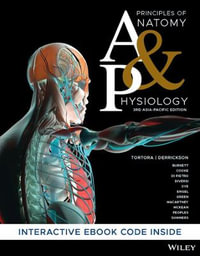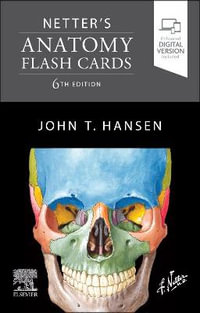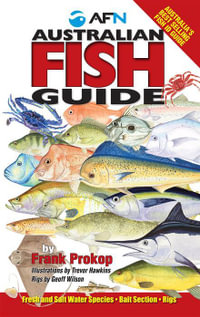There's a missing chapter in the history of sexuality/sexology, gender, and the body. Books abound about the early years (1880-1920) and about recent debates, butFuckology is a vitally important contribution to this history viewed from the mid-20th-century. John Money pursued a storied (and flamingly controversial) career at Johns Hopkins, where he was professor of pediatrics and medical psychology. He invented the concept of gender," and did a lot of clinical research on intersex (hermaphroditism) and sex reassignment surgery. He wrote 50 books and 500 articles. He is viewed as a monster or a god, a devil or a saint, depending on who's talking. (A baby boy named David Reimer was victim of a circumcision accident; Money advised the parents to have the baby's sex reassigned by removing his testes and injecting hormones, thus demonstrating that nurture, not nature, explained a purported new identity as a girl named Brenda," but in fact David never accepted the identity, and later committed suicide, as did his twin brother. Downing, Morland, and Sullivan do not address the Reimer case as biography or history, but only as one example of Money's theories, one of which was that gender and genitals are malleable in infancy.) Money was heavily invested in the principle of scientificity, giving names to all manner of perversions and medical termsnormophilia," eonistic transsexualism," diecious," paraphilia," etc.and christening the field he worked in, the field of sex research, as fuckology." And thus our book title. The authors trace the influence on Money of Alfred Adler's psychology, scientific theories that reject race as a given, medical recognitions of transsexuality, along with cybernetics, brain organization theory, and so on. It's not possible to understand ideas of sexuality, gender, and the body at mid-century without a close focus on Money's work. The authors demonstrate how interdisciplinary Money's ideas and practices were, and design their own work here to transfer knowledge and understanding from the critical humanities to policymakers in the medical, cultural, and legal spheres. In addition to academic audienceswhich includes scholars of bioethics, biology, critical medical studies, neuroethics, gender and trans studies, and more--this book will appeal to practicing clinicians and sexologists and activists in sexuality and patient rights.
Industry Reviews
"We see here critical sexuality studies confronting the work of the most influential of modern sexologists, John Money. The point is not to dismiss sexology - that has been done too often and too quickly in queer studies - but to engage with it in a sustained, scholarly manner. Downing, Morland, and Sullivan do that admirably, identifying the casual contradictions and unpacking the constitutive tensions in Money's thinking." (Peter Cryle University of Queensland) "John Money's influential and controversial career has never received the careful, critical, and nuanced attention it deserves - until now. Coauthors Downing, Morland, and Sullivan bring three very different forms of expertise to bear on Money's work and its legacy, in a study that should be of interest to scholars of medicine and sexuality alike." (Susan Stryker University of Arizona) "One of the most prominent and prolific sexologists of the second half of the twentieth century, John Money coined the term "gender" and pioneered the use of surgical procedures to treat intersex and transgender subjects. In this timely and important critical reassessment of Money's work, Downing, Morland, and Sullivan lay bare the inconsistencies and assumptions embedded in his conceptualisation of sex. The title of the book derives from Money's own term for his particular brand of sexology while also, as the authors astutely point out, providing the critical tools with which to fuck with sexology itself." (Elizabeth Stephens University of Queensland) "This book makes a unique and exciting contribution to the field, examining in detail Money's work on the concepts of 'hermaphroditism', 'transsexualism', and 'paraphilia.' It is a well-founded critique that goes to the heart of sexological research methodology and its underpinning assumptions. This work is queer, critical, historically astute, and politically engaged - offering an analysis that many of us have been looking forward to, and that will certainly contribute to our work." (Katrina Roen University of Oslo)
























